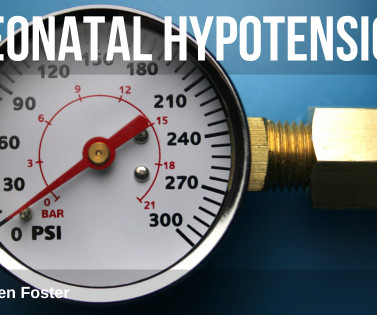Brain Trauma Guidelines for Emergency Medicine
ACEP Now
OCTOBER 3, 2023
These guidelines present the best available evidence to support clinical decision making in the prehospital setting when TBI care may have the most significant impact on outcomes; they also establish a research agenda for future investigations.











Let's personalize your content